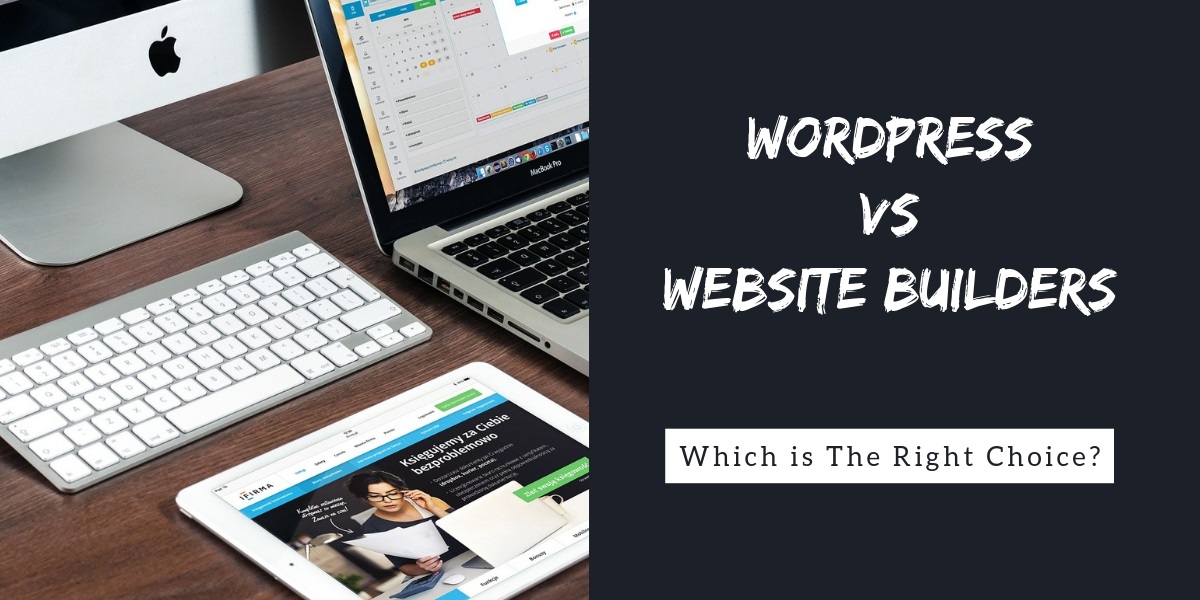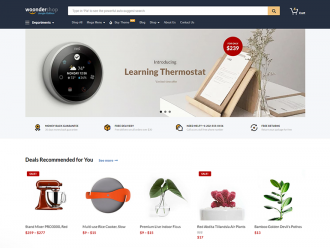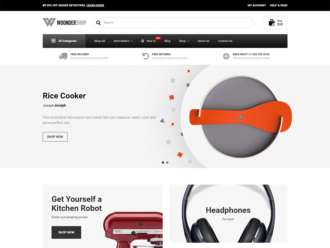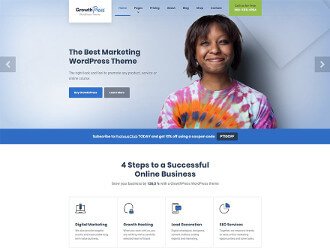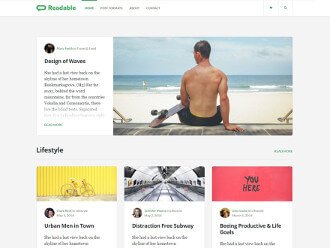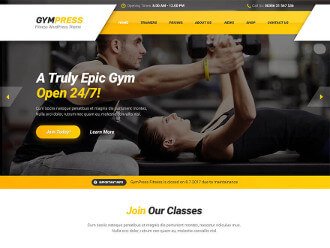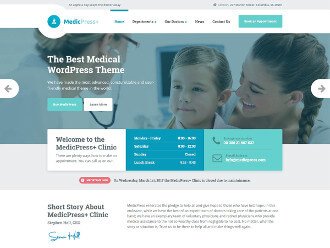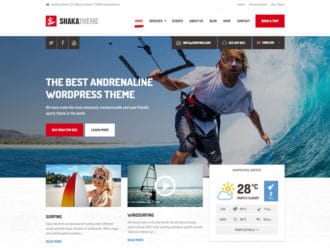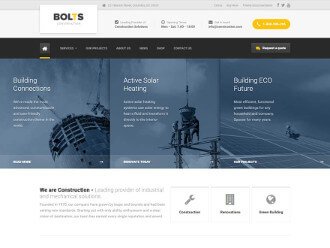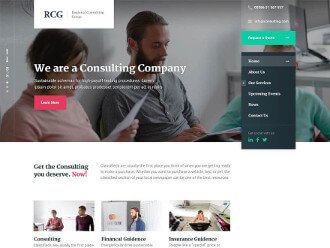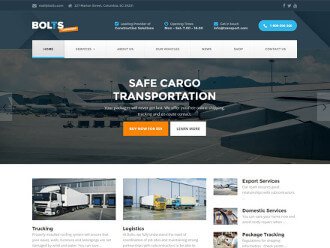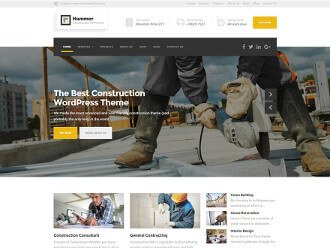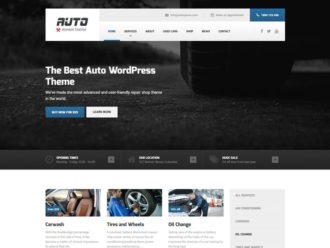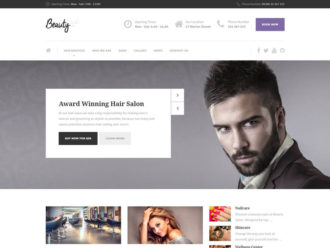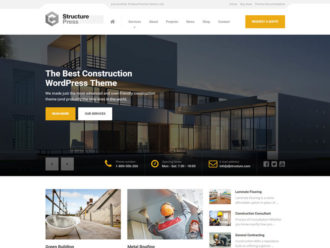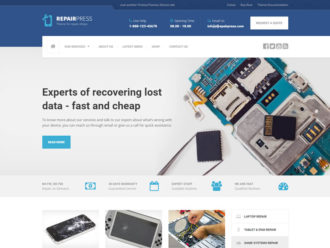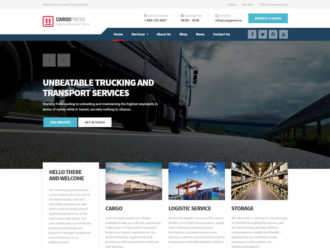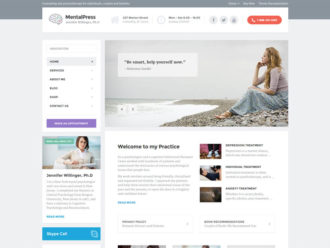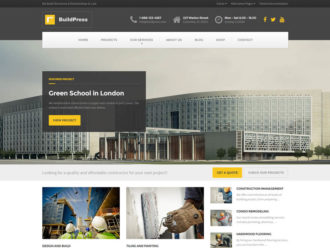Building a website in 2019 can be a very exciting endeavor and if you’re a small business a digital footprint isn’t a bonus anymore – it is a necessity. Yet given the limited resources available you must find the right balance of price and performance for your needs.
From web hosting to the cost of development and other needs, building a website can be a daunting challenge. On the bright side, gone are the days of struggling with minute details in thousands of lines of code and needing to hire a developer to do it for you.
Today, we have so many choices when it comes to how we want to build our websites. Of those choices, two stand out – Content Management Systems (CMS) and website builders.
Although there are quite a few CMS in the market today, WordPress is the most significant with a whopping 60% of all CMS-based sites being built using this powerful application. It is relatively simple to use and offers users the unique opportunity to build very powerful websites thanks to a massive ecosystem of support and plugins.
Website builders have been around for quite a bit now, but it has only been over the past few years that they have really been kicked up a notch. Today, advanced website builders like Wix and Weebly establish themselves in a market segment estimated to reach a value of $2.27 billion by 2023.
Given the popularity of both these approaches towards website building, which would be better suited for your needs? Let’s look at some of the highlights of each.
WordPress: Agile and Powerful

As I mentioned earlier, WordPress dominates the CMS market by a staggering amount. Taken in full context, this means that more than a quarter of all websites in existence are run on this platform. These range from small individual blogs to large online businesses with a variety of features.
WordPress is an application, meaning that in order to use it you need to have it running on your web host. Thankfully, it is easy to install, and many small business web hosting providers have a 1-click installation process for it. Some service providers even have specialized WordPress hosting where it is already set up and ready to go.
Let’s look at some of the benefits of using WordPress;
Ease Of Use
Although there is still a learning curve as with every software application, WordPress is relatively easy to use. Through a system of building blocks and a visual interface, you can easily create the content that will make up your site.
No Coding Required
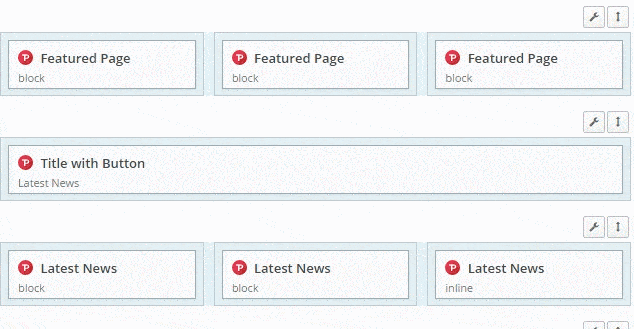
Because it is such a modular system, you can use WordPress with zero coding knowledge. There are multiple themes (both free and commercial) you can use for design and adding functionality can be done simply by downloading and installing plugins. You can also build your site faster with page builder by SiteOrigin.
Full Site Control
Since you can basically build the site and maintain it yourself, you won’t need to outsource any of this. This is especially advantageous for small businesses as it lets you maintain your edge in term of agility. No more waiting for your developer to ‘get back to you!’
Fully Customizable
When I mentioned themes you can use for design it might impress you to know that many these come with multiple customization features. In fact, many WordPress themes today are as modular as WordPress itself and you can opt for which elements you want to display and where.
WordPress Is Content Driven
Because it is a CMS, WordPress sits easily manage content, which can be a great thing for many websites. Content is one of the key drivers behind Search Engine Optimization (SEO) today and can help increase your traffic potential immensely.
Endless Features
On its own, WordPress offers a few core features built around letting you add and post content. However, because of the extensive WordPress ecosystem, there are thousands of developers and enthusiasts who have built plugins to increase the potential of WordPress sites. Adding on elements such as shopping carts, payment processes, and the like can also be done with no coding necessary.
Highly Scalable
Two main components make up the basic WordPress installation – the core files and a database. Because of this flexible system, WordPress is basically limitless in terms of upwards scalability. How much traffic your WordPress site can handle will depend on your web hosting. Because of this, you can start off your site with a budget hosting option and only scale up to more powerful hosting when your business grows.
It’s Free!
WordPress on its own is open source and completely free and in fact, most plugins available for it (even the commercial ones) have a free version. However, you will still need to pay for hosting, but that lets you choose from any web host in the world – find one that fits your budget.
To try out WordPress you can sign up for an account at WordPress.com. It is free and included limited hosting and capabilities, but lets you have a decent first-time experience.
Website Builder: Rapid Deployment

Where WordPress was developed around the premise of content, website builders have a different core focus and that is to give users the ability to quickly build and deploy websites with little or no technical skills. Personally, I have thrown up a very basic scarecrow of a site in less than 20 minutes using a website builder.
From a business standpoint, website builders are another good option to help increase your digital presence. Let’s see what they have to offer;
Quick Start
Website builders are mostly unique to the companies that build them and because of this, signing up for a website builder account means you’re good to go. There is no software to install or hosting to consider – it’s all integrated on a single platform for you to use.
Visual Experience
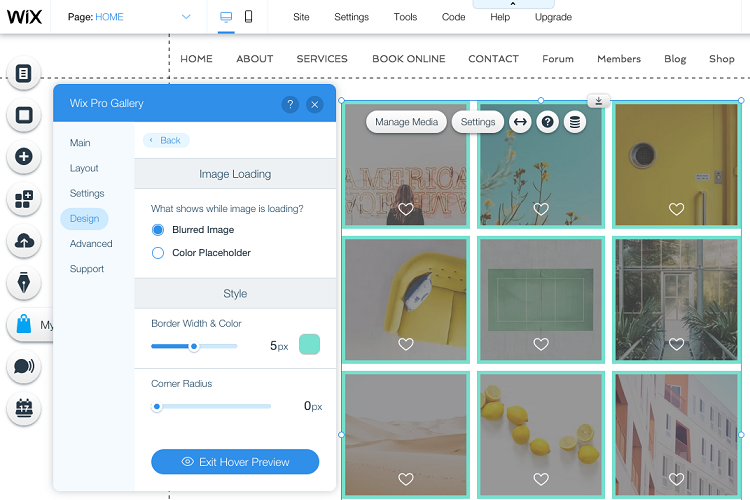
The website builder experience is even more visual in nature than WordPress. Where WordPress is built for content, website builders are there specifically to help you build websites. They do this using a visual interface that let you see your site take shape as you add, edit or remove various elements.
Rapid Deployment
Time is money and if your website isn’t your core business, every moment you spend on it is reducing your current earnings potential. Website builders can be used for rapid deployment, meaning you can slap together a working site within an extremely short timeframe.
Media Included
In keeping with the rapid deployment feature spirit, most website builders come with a ready stock of templates and media you can use t help build your site. You won’t have to spend time hunting for resources, just choose what you want and edit it right from the website builder itself.
Affordable
All of these features can be yours from prices that start as low as a few dollars a day. The important thing to note here is that when paying that fee, your web hosting is included and the website builder will take care of everything associated with hosting – including security and maintenance of their servers.
Great for Online Stores
The rapid development features not only extend to static sites, but you can also quickly build a complete online store. This included everything from building the site to setting up payments processing and even things like inventory management. Some website builders even have retail features that let you tie your online shop into your physical POS system.
SEO Management
Almost all website builders will have some form of integrated SEO tools for you to use. This helps you quickly establish keywords and the like and if you need more then there is always the option of looking for some apps or plugins to help.
Here are some website builders you might like to experience;
- Wix
- Weebly
- Squarespace
- Shopify (for eCommerce store)
Conclusion
As you can see, both WordPress and website builders are extremely simple to use and offer a great deal of flexibility. Personally, I feel that either of these options can be a great way for almost anyone to establish a digital footprint.
WordPress does have a bit more of a learning curve but in the long run, I feel that it offers a much more viable option as compared to a website builder. Once you get past the small to medium size website and head towards extremely high-volume traffic, website builders tend to be a bit more restrictive.
With WordPress, you are fully in control of your hosting needs and while that may be a bit more difficult for new users, in the long run, the sky’s the limit. You can go from basic shared hosting all the way to your own dedicated server if your site grows enough.
